
A recent outbreak of invasive meningococcal disease has been seen mostly among men who have sex with men.

A recent outbreak of invasive meningococcal disease has been seen mostly among men who have sex with men.

Health care providers often frame their immunization promotions by explaining that vaccination protects the individual.

A pharmacist is claiming Walmart discriminated and retaliated against him for his age, his medical condition and medical leave, and his reporting of supposed unlawful conduct at the pharmacy.

Interaction between HIV and the immune system are crucial to eradicating the disease.
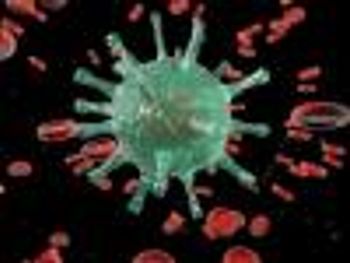
Infants can quickly produce novel antibodies that protect against HIV.

With flu season rapidly approaching, pharmacies will once again be filling their refrigerators full of lifesaving influenza vaccines to add to their already extensive vaccine inventory.

During febrile seizures, babies fall unconscious and may convulse. Their eyes may roll back, and their limbs may twitch or become rigid.
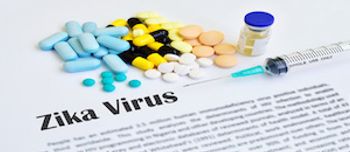
Inovio Pharmaceuticals and GeneOne Life Science Inc have received approval to begin a phase 1 human trial for a Zika vaccine.
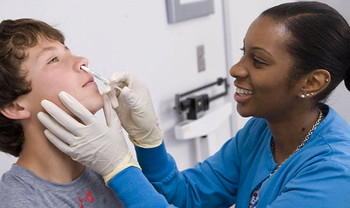
The nasal spray flu vaccine sold as FluMist Quadravalent shouldn't be used in any setting during the 2016-2017 flu season, according to the CDC's Advisory Committee on Immunization Practices.

Patients with heart failure who have had 3 or more vaccines had a 55% decreased risk of developing dementia.

US adults traveling to cholera-affected areas can now be vaccinated against the disease.
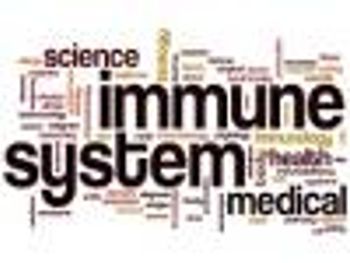
Harnessing the immune system may lead to an effective HIV vaccine strategy.

The FDA has approved Vaxchora, a vaccine that can prevent cholera caused by serogroup 01 in adults aged 18 to 64 years who are traveling to cholera-affected areas.

The fear of pandemic avian influenza in 2004 spurred the CDC to initiate an international capacity-strengthening program.

Imagine a world where tetanus and diphtheria booster vaccines are administered every 30 years instead of every 10.

The FDA has approved Seqirus Inc's supplemental biologics license application for the use of its Flucelvax Quadrivalent influenza vaccine in patients 4 years and older.

As Arizona public health officials work to stop the spread of a measles outbreak, CVS Health is offering the measles-mumps-rubella vaccine to people living in Maricopa and Pinal Counties, the areas exposed to confirmed cases of the illness.

As the name suggests, human immunodeficiency virus is all about lowered immunity.

Pharmacists may want to encourage their patients to receive the flu vaccine in the morning, rather than the afternoon.

Asplenic patients who contract encapsulated bacterial infections are vulnerable, so pharmacists should step forward to educate this population about complete vaccination coverage.

Pharmacists should double-check that patients with diabetes are vaccinated against hepatitis B, pneumococcal disease, and influenza.

Walgreens is now offering vaccinations that provide protection against measles, mumps, and rubella at all of its pharmacies throughout Tennessee, Arkansas, Kentucky and Mississippi as health officials in Tennessee recommend vaccination due to a number of reported measles cases.

Many Americans neglect a powerful way to prevent influenza infection and reduce its $87 billion related cost to the United States: flu shots.
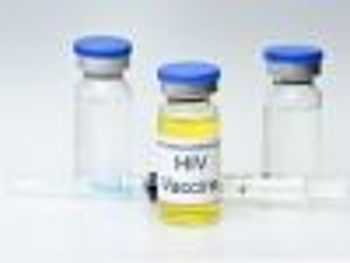
Engineered immunogens incite the immune system to produce antibodies that show promise for an HIV vaccine.

Ugandan President Yoweri Museveni recently signed a law that will force parents who fail to vaccinate their children to spend 6 months in jail.